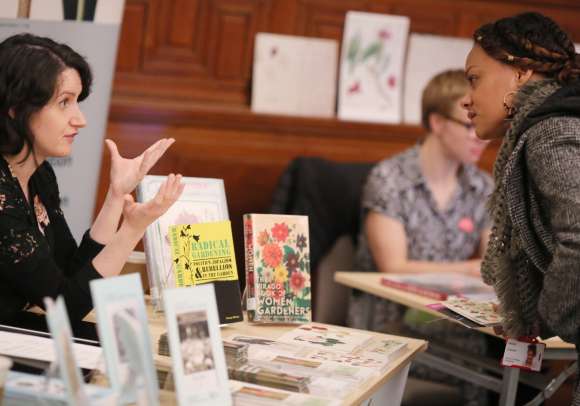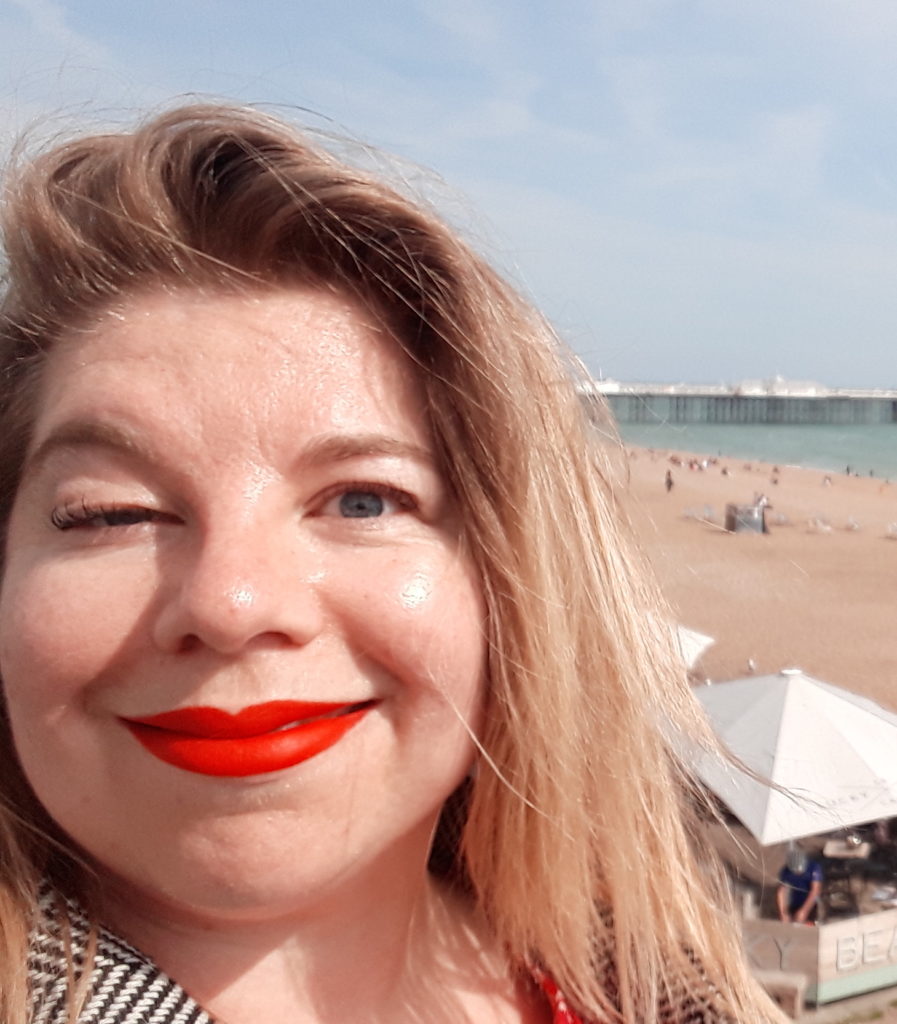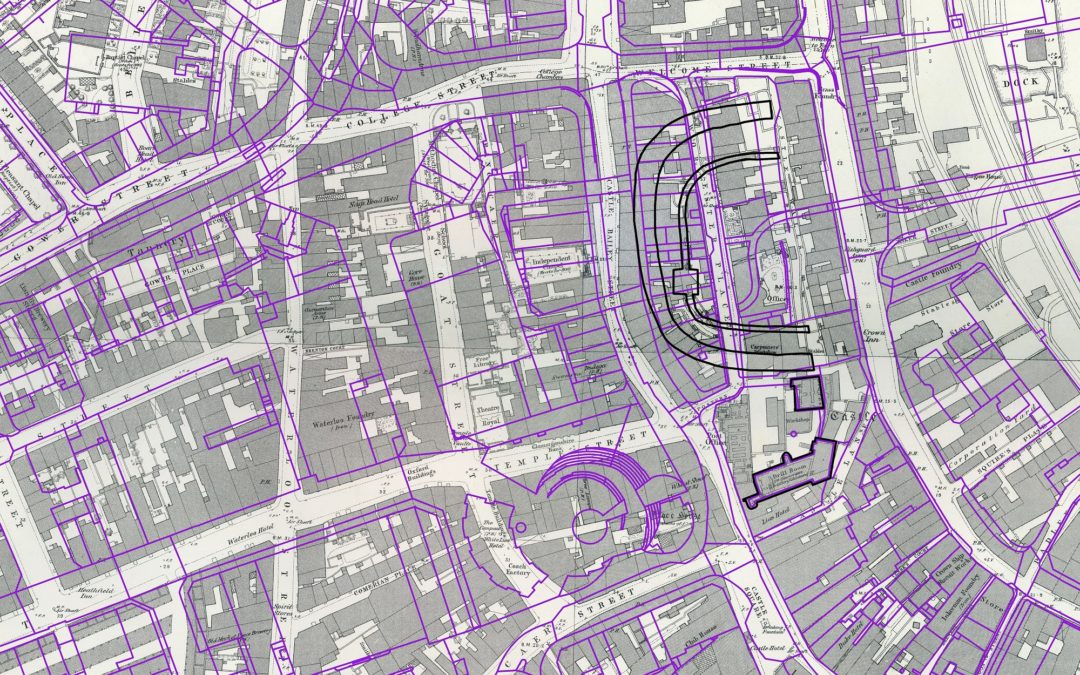Sue Horth, BAFTA-winning Executive Producer, has made some of the most exciting history-based and factual drama on television in recent years, from ‘Damilola, Our Loved Boy’ to ’37 Days’, exploring the lead-up to the First World War. As the holder of the IHR’s very first Practitioner Residency, Sue has been keeping a diary of her experiences, as she begins to develop ideas for projects, collaborations, and events. We will share Sue’s diary here monthly between now and July. You can read Sue’s May diary here.
18th May
Summer’s arrived in Bloomsbury and I sit on a dappled park bench outside Senate House with Sara Charles, discussing all things #nuntastic. Sara later sends me the most extraordinary list of resources, including a booklist – already marked up with shelf-numbers – and I feel a pang of nostalgia, as I’ve not held an academic reading list for 25 years. It feels really special, like unlocking a secret door.
On to a meeting with Claire and Catherine, to finesse my suggestions for special events during my residency. We settle on an ambitious plan for a creative workshop, to shed light on the translation of historical events into TV drama, as well as a short informal talk at the IHR summer school about my copy of ‘Front Line’, and a small film club, probably in the Autumn. An hour with Claire and Catherine, filled with laughter just like my time with Sara, feels inspiring, energising, and profoundly collaborative.
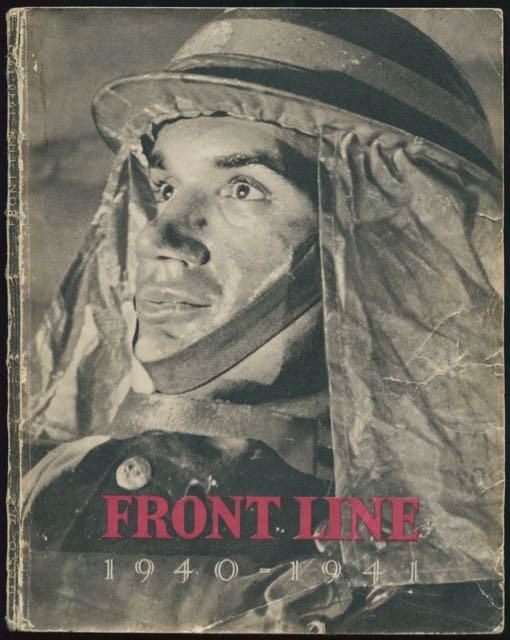
In the late afternoon I’m invited to an IHR Friends tea party in the common room, where I meet some of the extended community of IHR scholars and early years researchers. Conversation flows from the history of twentieth century British politics, and the long legacy of my much-missed Magdalen tutor, the late Ewen Green, to the week’s national obsession, Wagatha Christie. Which I think Ewen would enjoy.
24th May
I spend all day at Laura Swift’s fascinating Creative Interactions Day, learning about inspirational collaborations between academic research and creative practitioners, from the idea of fragments and new interpretations of classical theatre, to poetry created by frontline medical workers and comic-historical tours of Bristol. It’s nourishing to learn about others’ creative practice and interesting to see how academics respond to the creative challenge. Also, it’s in beautiful Chancellor’s Hall, so I get to tick off another box on my Senate House labyrinth bingo card.
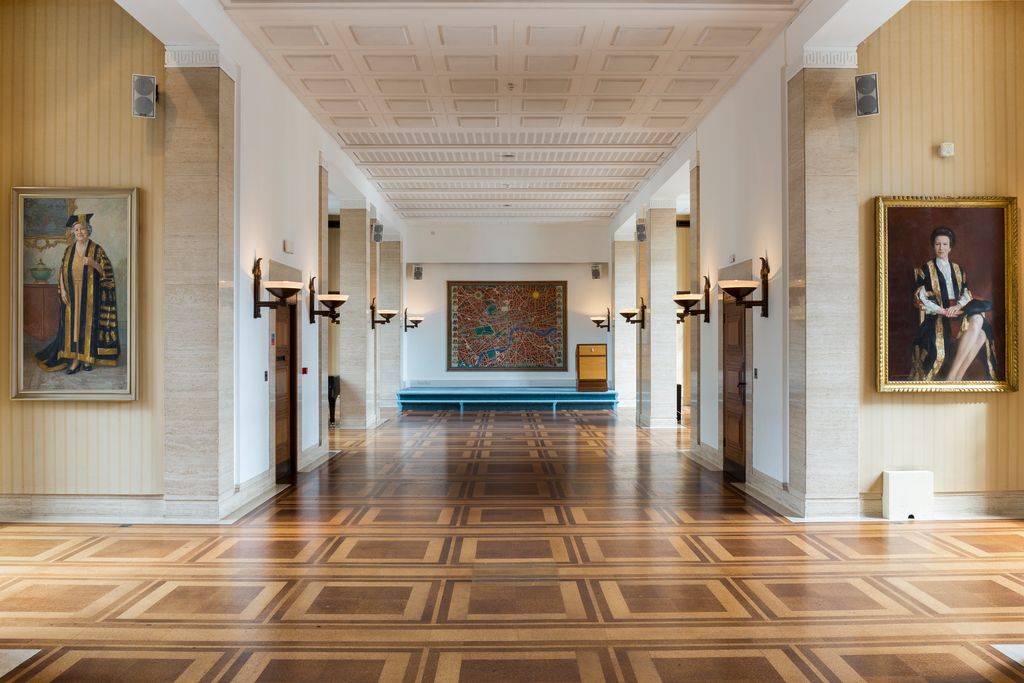
25th May
An adventure beyond the walls of Senate House, I’ve been invited by a long-time friend, Professor Phyllis Illari, to attend the annual ‘research day’ for the Department of Science and Technology Studies, in nearby UCL. STS specialises in truly interdisciplinary research and teaching, bringing together philosophers, historians and sociologists, with data and information analysis, maths and bio-medicine, physics and materials, and almost everything else; truly a collaboration between the humanities and science. Several talks have me gripped and inspired, and once again I’m struck by the tangible joy of a group of people able to see each other in person, and celebrate their learning, together, again.
31st May
A fascinating couple of hours over hot chocolate with Dr Jenny Bulstrode, one of the most impressive speakers from the STS research day. Jenny’s work re-calibrating our understanding of coal, iron and other supposedly ‘western’ industrial resources, as components in fact embedded in highly specialised, advanced indigenous metallurgy – and its exploitation by colonial and enslaving powers – blows my mind. Her work feels incredibly urgent not only in terms of decolonising industrial history, but also intersecting with present-day struggles to limit climate change and rebalance the global economy.
Very excited to activate my membership of Senate House Library, I curl up in a chesterfield in the fifth floor periodicals reading room, working my way through Sara’s nuntastic reading list. As thunder and lighting shake the walls of Senate House, I join other attendees at the Dorothy Tarrant Lecture, to hear Patricia Rosenmeyer give her fascinating talk, ‘”After Lights Out”: Studying Classics in a World War II Internment Camp’. The next day, Patricia and I catch up at the National Archives cafe in Kew and I resolve to dig around for the internment and naturalisation papers of my own wartime relatives.
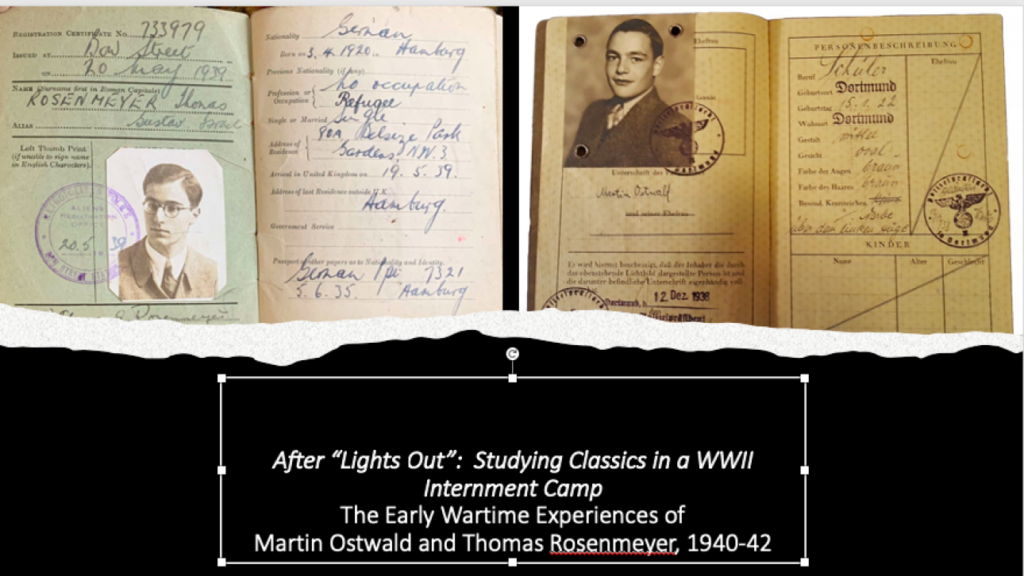
7th June
Slightly sunburnt by the Jubilee weekend, I’m very grateful to spend a bit of time with Professor Jo Fox, the Dean of the School of Advanced Study and, before that, the first female Director of the IHR, to share with her my curiosity about ‘Front Line’. Jo’s expertise in the history of 20th century propaganda and psychological warfare is unparalleled, and my pen barely stops scribbling, as she spoils me with the best people, places, and reading material to help me discover more. I’d no idea ‘Front Line’ was in fact one of a series of popular War Books published by the Ministry of Information, and I can’t wait to follow up on all Jo’s leads.
In the afternoon I meet Kate and Argula, to offer what paltry creative help I can, with the planning for this year’s ‘History Day’, a collaboration between the IHR, Senate House Library, and institutions around the UK. Kate brings a large piece of paper and after a couple of hours it’s satisfyingly covered in scribbled ideas. I hope I’ve contributed something useful.
